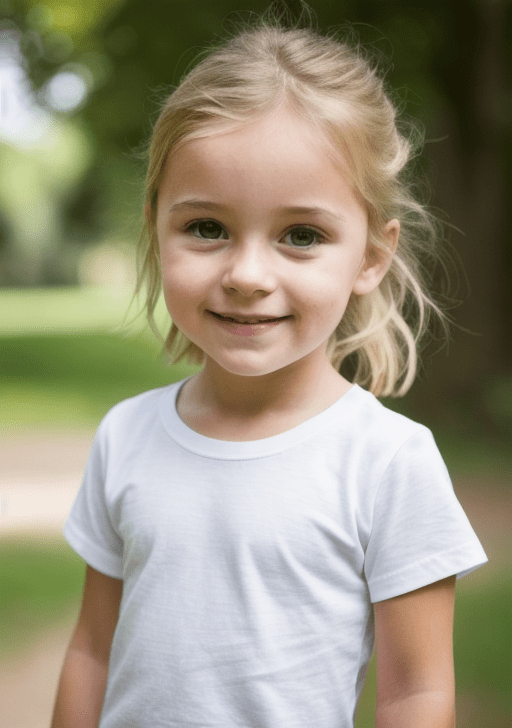Do Firstborns Look Like Mom or Dad?
As parents eagerly await the arrival of their firstborn, one question that often lingers in their minds is, "Will our baby look more like mom or dad?" While it's a fascinating topic for debate among family and friends, there is no definitive answer. The appearance of a child depends on many factors, including genetics and early development. However, let's explore some interesting aspects that might offer insights into whether firstborns tend to resemble their mother, their father, or both!
The Role of Genetics
Genetics play a crucial role in determining a child's physical appearance. We inherit our genetic makeup from both parents, and specific traits are passed down through generations. However, genetics can be complex, and not all traits are equally likely to be expressed in the offspring.
For instance, eye color is determined by multiple genes, and some are dominant while others are recessive. If both parents have blue eyes, it's highly likely that their firstborn will as well. However, if one parent has brown eyes, which is a dominant trait, while the other has blue eyes, the child's chances of having brown eyes are higher. This example illustrates how genetic dominance can influence the outcome.
Initial Resemblances
When a baby is born, especially a firstborn, family and friends eagerly analyze their features, trying to find resemblances to the parents. It's not uncommon to hear exclamations like, "Oh, she has her mother's eyes!" or "He looks just like his father when he was a baby!" These initial resemblances might affirm the belief that firstborns strongly resemble their parents. However, it's essential to remember that infants change rapidly in their early years.
The Impact of Environmental Factors
As children grow and develop, environmental factors also contribute to their overall appearance. Factors such as lifestyle, nutrition, upbringing, and personal experiences can shape their features. For example, if both parents have similar facial structures, their child is more likely to share those features. Similarly, if the family has a shared diet or practices certain physical activities together, those factors may indirectly influence the child's appearance.
The Unique Blend
In reality, most firstborn children are likely to be a unique blend of both parents. They may have their mother's eyes and nose but their father's smile or hair color. It's essential to remember that every child is an individual and possesses a distinct combination of genes.
Appreciating the Uniqueness
While we might be eager to find resemblances and compare family traits, it's important to embrace and appreciate the unique features of each child. Every child is a beautiful blend of their parents' traits, creating their distinct identity. Celebrating these unique qualities helps nurture a child's confidence and self-worth and emphasizes that they are loved unconditionally, regardless of physical appearance.
Unveiling the Mystery
In conclusion, the question of whether firstborns look like mom or dad doesn't have a definite answer. Genetics certainly influence a child's appearance, but with hundreds of thousands of genes in play, the outcome may surprise us. Ultimately, each child emerges as a unique individual, blending characteristics from both parents and forming their own distinct identity.
So as you await the arrival of your firstborn, embrace the mystery and cherish the journey of discovering your child's unique features. After all, it's the beautiful combination of mom, dad, and the magic of genetics that will give rise to a one-of-a-kind little person you'll adore, regardless of who they resemble!
